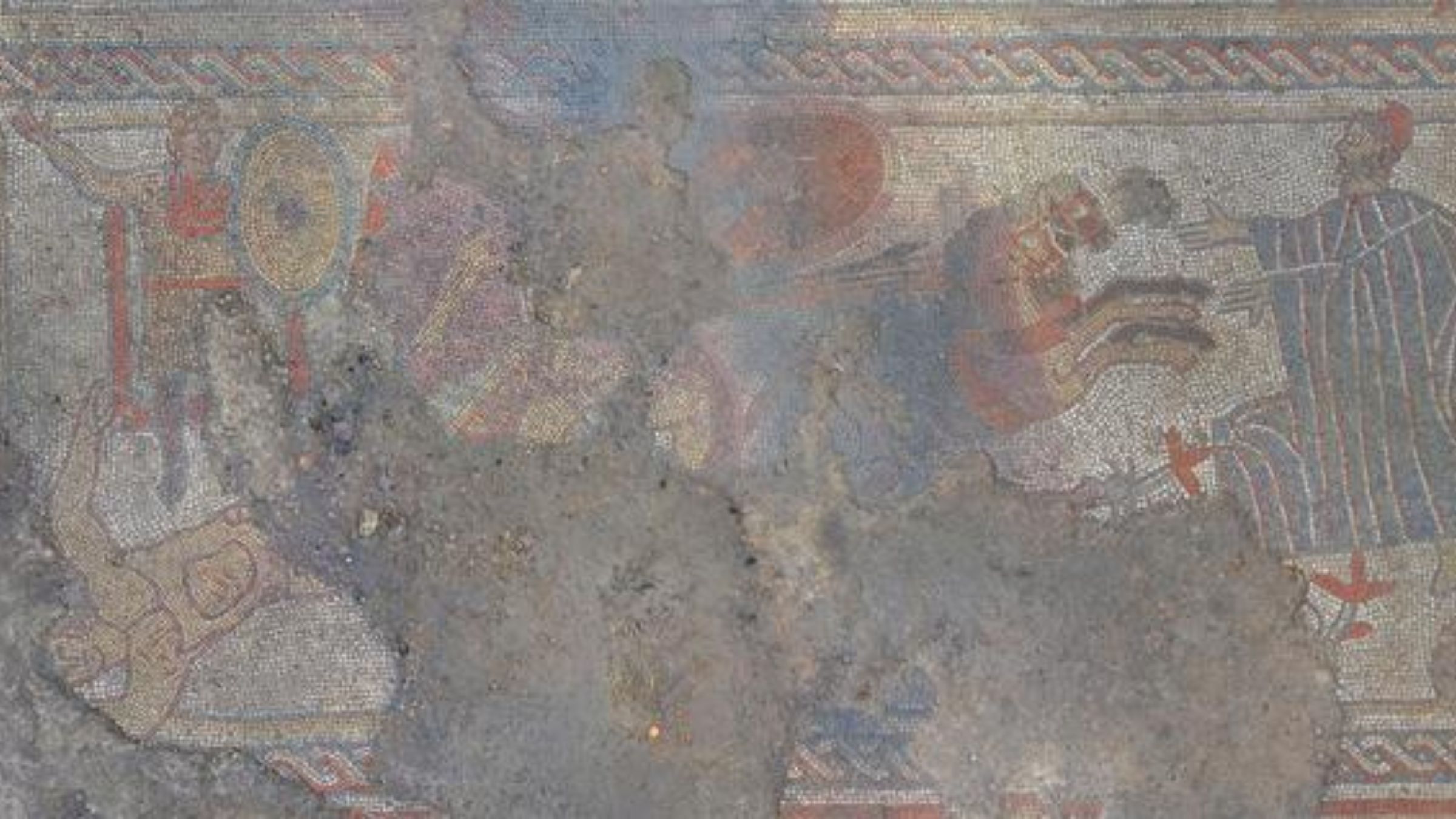Can You Stop a Hurricane by Nuking It?
One idea that rears its head almost every hurricane season recently is the notion of bombing a hurricane into submission. The theory goes that the energy released by a nuclear bomb detonated just above and ahead of the eye of a storm would heat the cooler air there, disrupting the storm's convection current.
Unfortunately, this idea, which has been around in some form since the 1960s, wouldn't work.
Chris Landsea, science and operations officer at the National Hurricane Center, posted an explanation when he was a research meteorologist with NOAA.
"The main difficulty with using explosives to modify hurricanes is the amount of energy required," Landsea wrote.
A hurricane gets its energy from warm ocean water, and in the process of water vapor condensing into rain droplets. The heat released during condensation serves to continue to warm the surrounding air, which causes more seawater to evaporate, condense, and continue the cycle.
A fully developed hurricane releases 50 or more terawatts of heat energy at any given moment, only about 1 percent of which is converted into wind. The heat release, Landsea wrote, "is equivalent to a 10-megaton nuclear bomb exploding every 20 minutes." The entire human race in 2011 used about a third of the energy present in an average hurricane.
Get the world’s most fascinating discoveries delivered straight to your inbox.
So bombing a hurricane might be about as effective as trying to stop a speeding Buick with a feather.
There's also the possibility that bombing the hurricane, if it had any effect at all, would just add to the storm's heat supply, making it even stronger.
Why not, then, just nuke tropical depressions before they have a chance to become hurricanes? Partly it's a numbers game, Landsea explained. "About 80 of these disturbances form every year in the Atlantic basin, but only about 5 become hurricanes in a typical year. There is no way to tell in advance which ones will develop." That, and a tropical disturbance is already a pretty powerful beast. If it were just 10 percent as powerful as a full-blown hurricane, it'd still take a huge effort to nip it in the bud.
Finally, whether the bomb would have a minor positive effect, a negative effect, or none at all on the storm's convection cycle, one thing is for sure: It would create a radioactive hurricane, which would be even worse than a normal one. The fallout would ride Trade Winds to land — arguably a worse outcome than a landfalling hurricane.
Rachel is a writer and editor based in Washington, D.C., who covers a range of topics for Live Science, from animals and global warming to technology and human behavior. Rachel also contributes to National Geographic News, Smithsonian Magazine and Scientific American, and she is currently a senior editor at Next City, a national urban affairs magazine. She has an English degree with a journalism concentration from Adelphi University in New York.



